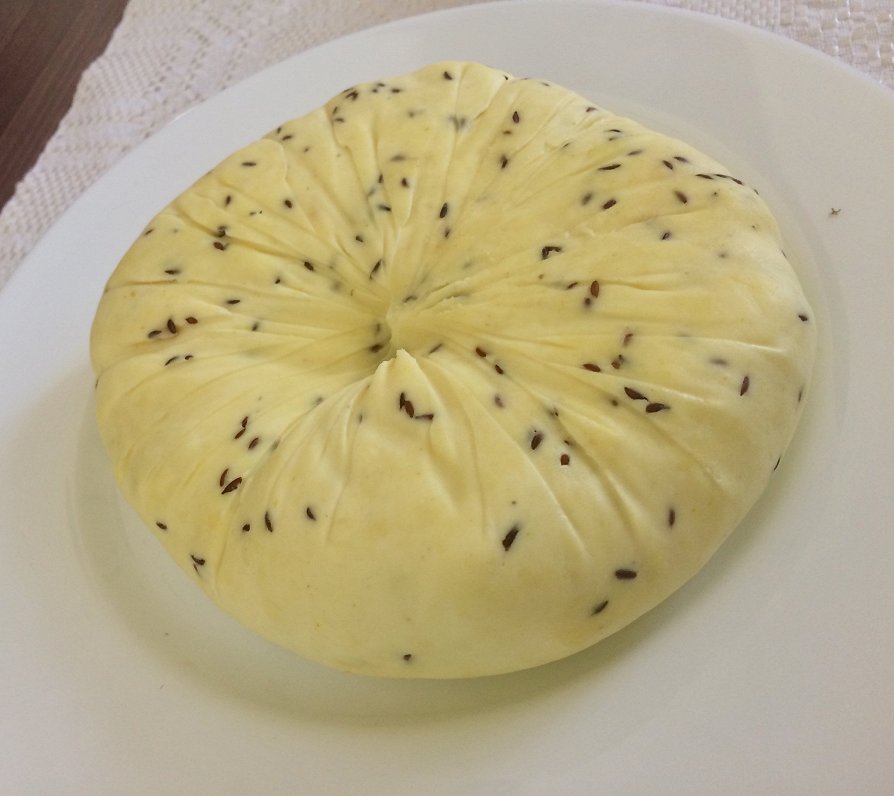The support program includes four steps: production, promotion, supply and sale. The essence of the idea is to ensure that local products are created and sold to consumers directly from producers. Although Covid-19 leads to adjustments to the project, local production needs to be developed, said Ivars Geiba, co-ordinator of the “Local Foods” project.
“These Covid-19 conditions are currently very disturbing, because neither the training of producers can be organized on-site, nor other events, such as fairs, where it was intended to involve farmers, farmers, processors and potential buyers,” Geiba said.
“Tents for fairs and equipment are purchased to boost the recognition of entrepreneurs and goods. It is also intended to train farmers, attract local chefs, so that they choose local production in the preparation of their culinary wonders,” said Geiba.
Arturs Pavļukevčs is a business consultant for the Latvian Rural Consulting and Education Center in Krāslava county and a farmer himself. He is convinced that local production needs to be promoted and this project is one of the tools.
“We've got our own Aulejas kļockas. It's an old Latgalian dish, a variety of cheeses, bacon. The most important thing is to highlight your local food. If we are lobbying our local producers, demand is also growing. You need advertising, including self-promotion.
“I myself carried out informal cooperation, twice a week, for example, by collecting the necessary products from the home producers in Krāslava, milk, meat, cream, honey. I brought it to the customers in Daugavpils. That network extends to us,” Pavļukevičs said.
The Local foods project focuses directly on the development of border area producers. The main partner of the local food producer aid project, is the Zarasai division of the Lithuanian Farmers Union. The project amounts to more than €220 thousand, 85% of which is ERDF funding.




























